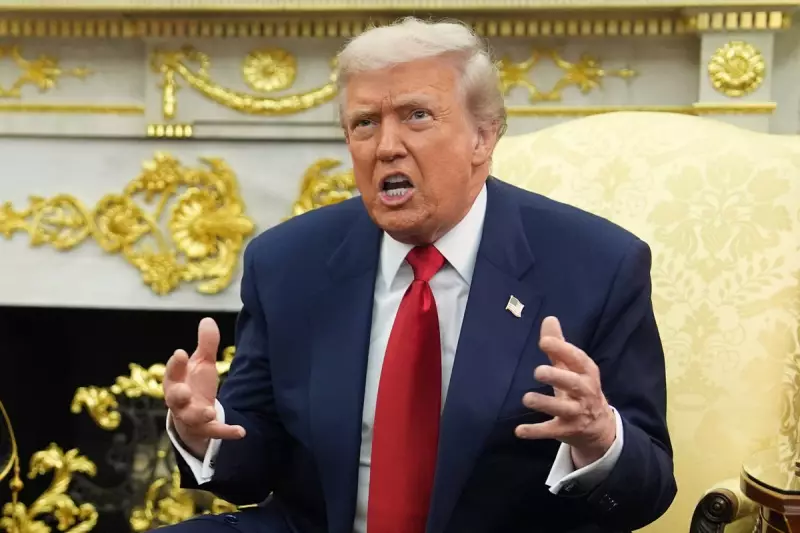
Former FBI Director James Comey is mounting a fresh legal challenge this Wednesday, as his attorneys prepare to argue for the dismissal of his criminal case. They will contend before a judge that the prosecution is fundamentally vindictive, stemming directly from President Donald Trump's profound personal hostility towards him.
Legal Battle Intensifies in Virginia Court
This pivotal legal argument arrives at a critical juncture for the Comey case, which appears increasingly vulnerable following a judge's sharp rebuke of the Justice Department on Monday. The indictment now faces multiple challenges that could ultimately lead to its complete dismissal.
Comey has formally entered a not guilty plea to charges of making a false statement and obstructing Congress, consistently maintaining his innocence. His defence has vigorously contested the legitimacy of the hastily appointed Trump administration prosecutor who initiated the case. Central to his argument is the claim that he was singled out for prosecution due to Trump's personal animus, a contention that will be thoroughly debated in federal court in Virginia.
Historical Context of Trump-Comey Feud
Although motions alleging vindictive prosecution rarely succeed, Comey's legal team insists his situation warrants dismissal. They characterise the case as the direct consequence of the president's desire for retribution against the man who once served as his FBI director.
The acrimonious relationship between the two men dates back to May 2017, when Trump fired Comey while he was overseeing the FBI investigation into potential connections between Russia and the Republican president's 2016 campaign. The public feud has continued unabated since, with Trump repeatedly deriding Comey as 'a weak and untruthful slime ball' and openly calling for his prosecution.
Broader Political and Legal Implications
The outcome of Wednesday's hearing carries significant weight beyond Comey's personal fate. It represents a crucial test of the legal system's ability to withstand perceived political interference. A successful dismissal based on vindictive prosecution would establish a notable precedent concerning the weaponisation of judicial processes against political adversaries.
Meanwhile, parallel developments continue to unfold across the Trump administration's legal landscape. In a separate but related matter, the president's ambitious congressional gerrymandering initiative faces mounting complications. A federal court panel's recent decision to strike down Republicans' new map in Texas has potentially reversed the strategy's advantage, threatening to deliver more winnable seats to Democrats instead of strengthening Republican control as intended.
As UCLA law professor Rick Hasen observed, 'Trump may have let the genie out of the bottle, but he may not get the wish he'd hoped for.' This sentiment echoes the unpredictable consequences now emerging from various administration initiatives, including the contentious prosecution of former officials like James Comey.





